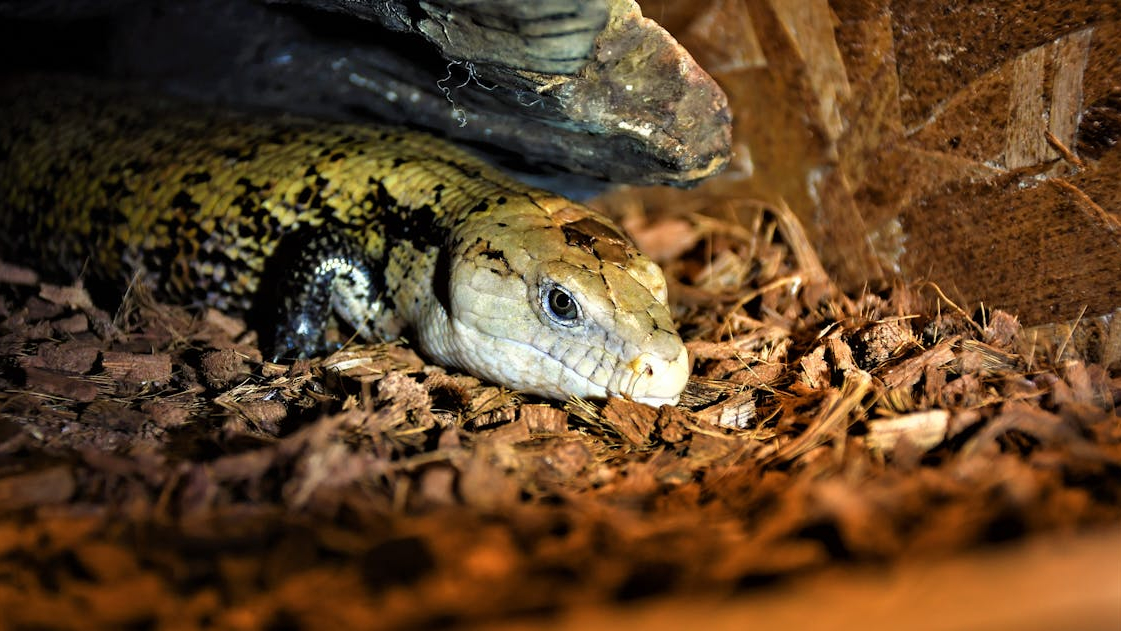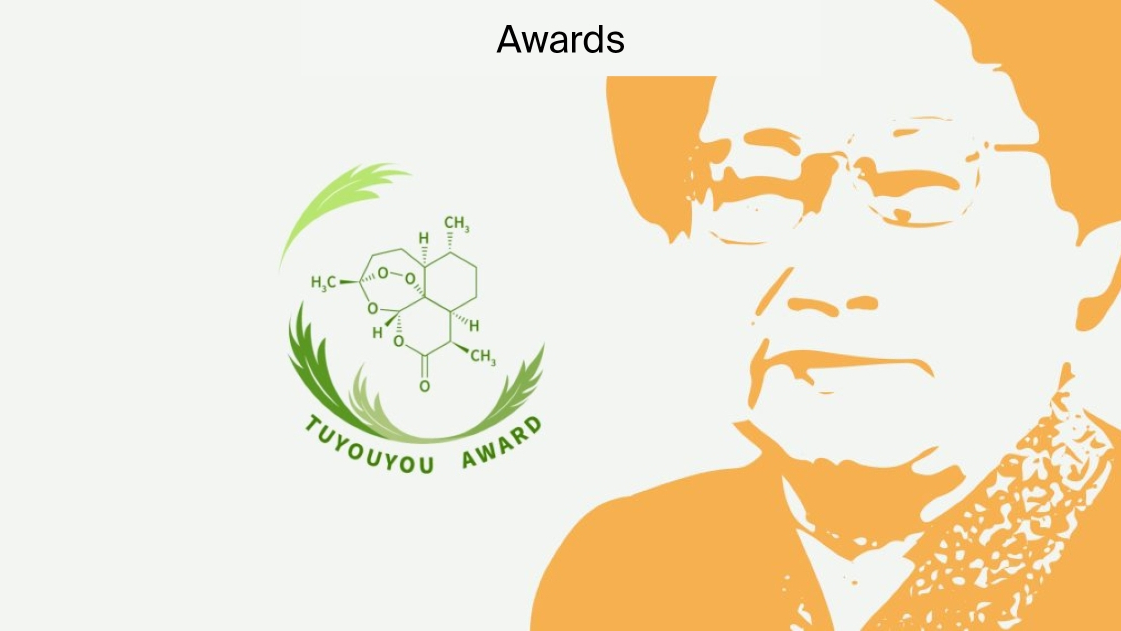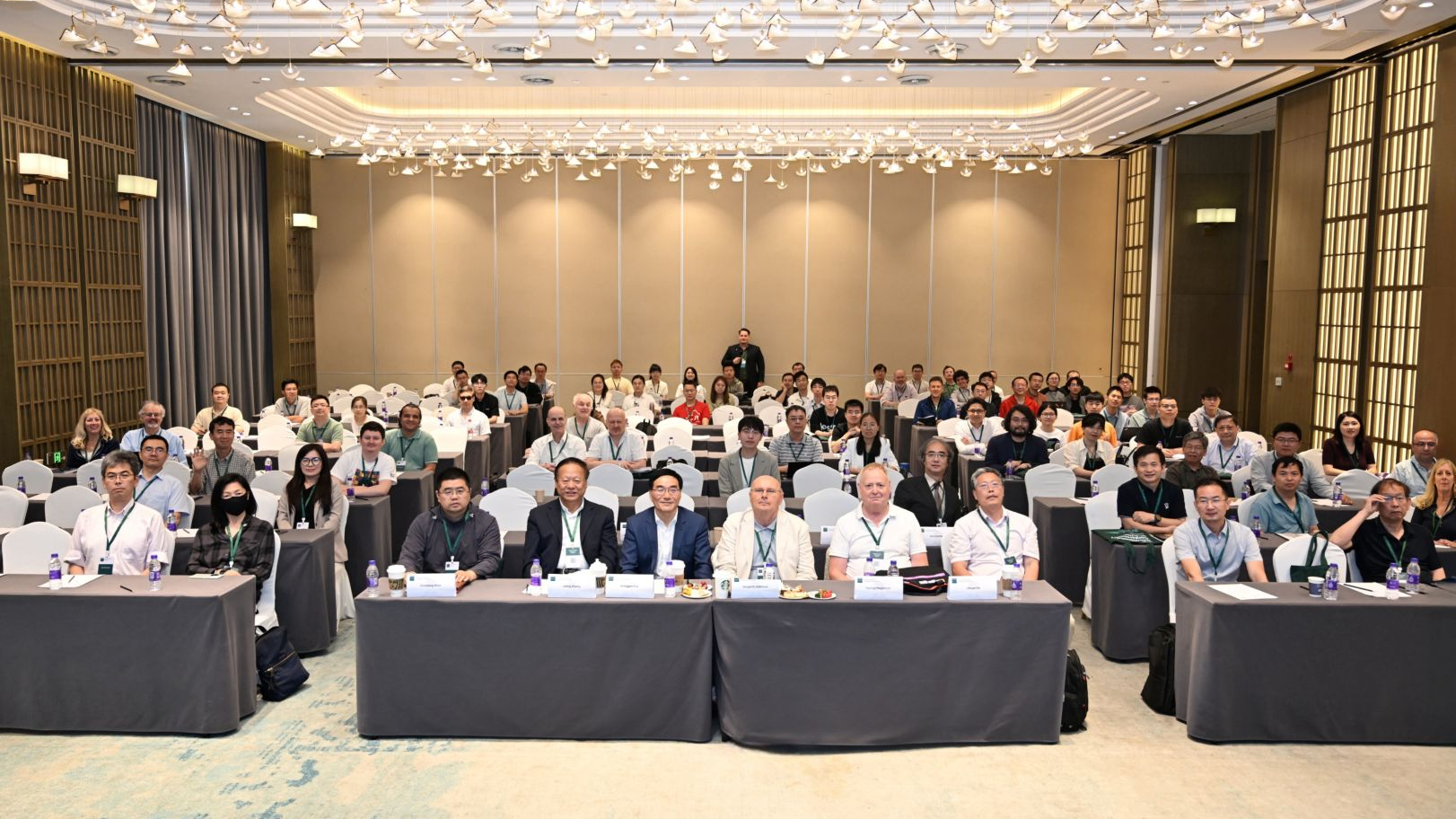
Early Career Researcher Advice: 10 Things to Avoid
We’re committed to helping our authors improve their work and lifestyle and part of that includes early career researcher advice that we think might help! This includes those starting out in academia. Importantly, the early stage of a research career sets the scene and prepares young academics for what’s to come. We need to be clear about what to do, and what to avoid.
To give new researchers the support they need, we’ve put together a series of articles with earnest advice from our more than 20 years in academic publishing.
Early career researcher advice: what to avoid
In this article, we’ll go through our top don’ts for early career researchers. Above all, we need to establish the top mistakes made by those new to academia. Here’s what not to do!
-
Don’t plagiarise
Copying the work of others – or even yourself – is forbidden in academia. Your work will be rejected from the research journal. At your institution, it could also lead to suspension, probation, or even termination. It’s just not worth the risk.
-
Don’t burn out
There’s often an insane amount of pressure put on researchers to always be on. However, this can lead to mental health issues including burnout. In short, it’s a good idea to take time off to relax with friends and family, to recover from a long day of work.
-
Don’t keep your circle small
Academics can benefit from growing their circle and networking as much as possible. This opens you up to increased collaboration opportunities, including with those senior to you. You never know when you’ll cross paths with people again, or who could offer you more early career researcher advice.
-
Don’t take on too much
With stiff competition for jobs, a lot of new researchers feel the need to take on multiple different projects. This is all in the hope of adding to their experience and standing out from the crowd. However, avoid taking on too much. It can severely impact the core component of your research, leaving you with substandard work.
-
Don’t avoid mentorship
Even though you’re still only early on in your career, there will still be many people looking up to you. Make sure to leave the metaphorical ladder down and inspire those new to the game. For example, you could write a piece on early career researcher advice, give support to a junior colleague, or set up a group that meets regularly to discuss advancements in your field.
-
Don’t ignore early career researcher advice
You’re an academic. That means you’ve completed several years of higher education. But you can’t assume you know it all. You need to be open to learning new skills and gaining new experiences. That’s the only way to progress in your career.
-
Don’t be a perfectionist
Many academics are perfectionists. They work on the same project for hours, days, weeks, and sometimes months. They won’t rest until it’s just right. However, there’s a piece of early career researcher advice that should be ignored. There is such a thing as overdoing it. Researchers spend so much time perfecting their studies unnecessarily. For instance, this time is often better invested elsewhere.
-
Don’t compare yourself to others
Perhaps your colleague just won a Best Paper Award, or got a new job at a prestigious institution. It’s difficult not to see yourself in their shoes, and wonder why it’s not you. However, avoid comparing yourself to others. It’s a recipe for misery. Certainly, by going at your own pace, you’ll achieve great things.
-
Don’t work extra hours
Unlike a traditional 9-5 job, a position in academia has highly flexible hours. You can pretty much work whenever you want. But, be warned, you can easily end up working a lot longer than you intended. You need to maintain your work-life balance by putting a limit on how much time you work each day.
-
Don’t neglect your personal life
Friends, family, hobbies, and personal care are all important. They make life worth living. Give time to the important people and things in your life.
Need more early career researcher advice?
As a new academic, you might be finding it difficult to avoid some of the things above. That’s perfectly natural.
Take a look at the well-being services available at your institution. Most universities offer talk therapies, workshops, and submission extensions to help students and staff who are struggling.
There’s no harm in reaching out and asking for help if you’re in a difficult situation.
Early Career Researcher Advice: What to Do Instead
We’ve compiled a few top tips to keep a good balance. These things will help young academics to advance their career.
- Become a reviewer
Keep your finger on the pulse. Reviewing gives you access to research before it’s even published, providing new ideas for your own studies.
- Attend webinars
A webinar is a perfect space to meet other academics in your area; potential colleagues and collaborators.
- Ask questions
Wherever you are, whether in a webinar, at a conference, or reviewing a manuscript, stay curious. Feel free to ask questions and get some early career researcher advice. Lots of people have loads of experience you can benefit from.











This article offers practical, compassionate advice that every early career researcher should read. The reminders about avoiding burnout, embracing mentorship, and prioritizing well-being are especially timely and impactful.
Hi,
Thanks for taking the time to read our article and leaving this comment.
All the best.
Appreciate the presented efforts for the early career researchers. It will be more interesting and useful if provided with an advice for international research collaborations to the beginners. Thanks.
Hi Dr. Babar, thanks for the comment!
That is an excellent suggestion. It’s something we’re looking into for the future.
This is apt. Thanks for the timely advice. It is all that young scholars need to progress. Very impressive!
Thanks for the comment, Peter!
Wow! So interesting.
Hi Igboamalu, thanks for the comment. Glad it’s been of use for you.
Wow!
Impressively useful.
Even the aged new entrants into academia like me highly appreciates the value of this.
Thanks.
Hello Abdullahi. Great to know this has helped you. All the best!
Also good for us older in years in the academia but have not yet reached that desired zenith. The resolve to make it remains burning, even in our waning years!
Hi Dr. Fnim, thanks for the comment.
Try always to use positive words so instead of
‘don’t neglect your personal life’
“Personal life is a priority so always remember to prioritize it.”
Hi Tyra, thank you for this comment. Very good point.
You have touched upon everything for future development in career. Planning is always a corner stone in successful future research development activities. Thank you for this blog.
Thank you, Kunal!
I have learnt a lot from these pieces of advice. very useful. Thank you so much for sharing this with us.
Thank you, Dr. Abdul-Rahaman. Glad you found it useful.
Very informative article.. Well written points.. Good work brother
Thanks for the comment, Sumit!
Hola Katherine!
Very nice article, I will recommend to my students
Thank you for sharing the article, Fidel!
Excellent
Useful information regarding early career researcher advises
So great to hear it was useful for you, Dr. Zaidi!
Thanks for the article. Please, can you recommend refresher courses I can take as a budding researcher so as to be able to improve on my skills. Thanks
Hi Oluwatosin, glad you found the article useful.
I recommend taking a look at our Early Career Researcher Guide for more insight into how to improve your skills and knowledge of key ECR issues. From there, you will find a wealth of information related to writing papers, awards for young researchers, and stress management, to name a few things. You could also ask at your institution if there are any workshops you can attend surrounding these topics.